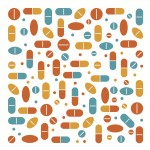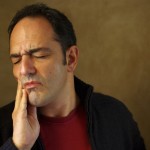
Much of the research about depression in children and adolescents focuses on how to treat the illness during the acute phase. This review from the Cochrane Depression, Anxiety and Neurosis Review Group is more concerned with the ways in which interventions can be used to prevent relapse or recurrence of depressive disorders. The review looks specifically at two [read the full story…]








